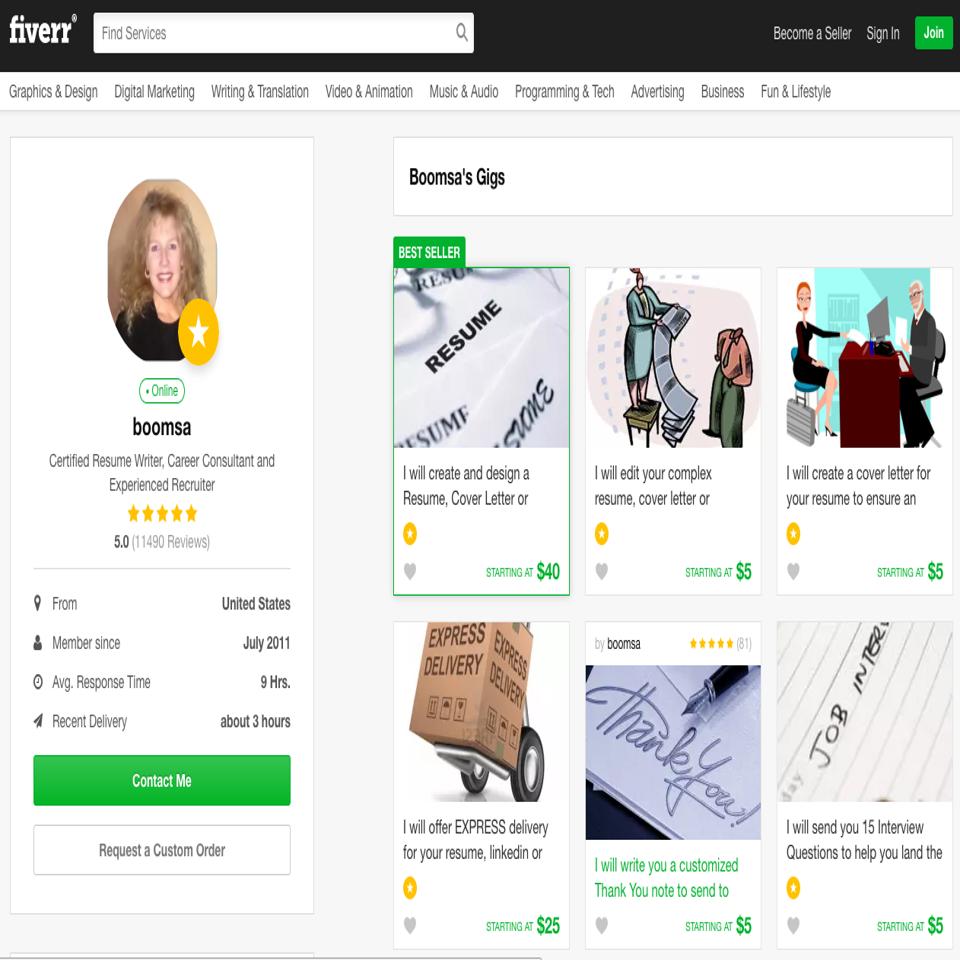When you first began your business, you probably hoped for a fun time full of growth and money being made. But once you were in the trenches of business ownership, you realized that you had a lot to learn in order to successfully run your business.
Maybe nobody in your family was an entrepreneur. You most likely worked a traditional job the majority of your life. Whatever your background, the concept of entrepreneurship was foreign to you. You had to adjust quickly if you wanted your business to succeed.
There are some things many of us wish we knew before starting our businesses. We could have saved ourselves money, time, and frustration. We were so eager to start our businesses, that we rushed the process, and paid the price for it.
The journey of entrepreneurship is not a smooth process. Sometimes it is best to learn painful lessons early in our journey, so that we are quickly taught that entrepreneurship requires patience, a strong strategy, and the ability to pivot when our plans go awry.
If you are just starting out on your entrepreneurial journey, don’t think that you have made the wrong decision if you are experiencing stumbling blocks. Many of the entrepreneur success stories you hear today came into fruition despite experiencing setbacks. Experiencing difficulties will only help to make you a more knowledgeable and resourceful entrepreneur.
Related: A Beginner’s Guide for Incorporating Tech Start-ups in Singapore
Nurturing professional relationships and building your own support system


As an entrepreneur, you will tend to feel like you are operating in a word completely different from your family and friends. While they are worried about work, bills and the latest reality tv show, you are solely focused on making your business successful. When you have no one else who shares your experiences, it can get quite lonely.
It is important for you to know other entrepreneurs so that you have a source to share experiences, gain feedback from, and learn valuable information regarding entrepreneurship. You will feel better and actually become more productive and effective when you surround yourself with those who understand your journey.
How do you find other entrepreneurs?
- Go to networking events dedicated to entrepreneurs and small businesses
- Join business/ entrepreneur associations and organizations
- Join a mastermind group
- Start your own networking group on Meetup
Whatever path you decide to take, just make sure that you are placing yourself in the company of other entrepreneurs. You will benefit tremendously from doing so.
Related: Singapore Company Registration + Entrepreneur Pass
Why “doing it all yourself” can be a dangerous choice for entrepreneurs

 Just because you are your own boss, it doesn’t mean that you must do everything by yourself. When you first start off as an entrepreneur, you will be required to wear many hats. You are the CEO, the marketer, the salesman, the administrator, the accountant – you are in charge of every process within your business.
Just because you are your own boss, it doesn’t mean that you must do everything by yourself. When you first start off as an entrepreneur, you will be required to wear many hats. You are the CEO, the marketer, the salesman, the administrator, the accountant – you are in charge of every process within your business.
As you expand, it becomes time to relinquish many of those roles. If you continue to wear all hats, not only will your business suffer, your own personal health will suffer. You won’t have time to focus on growth related task for your business because you are completely tied up with handling so many tasks. Your health will start to deteriorate because you never give yourself any time to rest and recover – you are constantly working straining yourself.
As a business owner, your role is to oversee your business’s growth and delegate tasks to others to complete. Don’t stunt your business’s ability to grow because you want to manage every aspect of it. Do you want a high six figure, seven figure business or do you want to remain barely scratching the surface of your potential?
Related: Why Your Startup Should Consider Coworking
The difference between your gifts and your passions, and how it affects your business

 What are the skills that you have that allow you to accomplish a task with little effort being expended?
What are the skills that you have that allow you to accomplish a task with little effort being expended?
Whatever those skill set are, that is what you should focus on building a business around. Having a business that revolves around your skills enables you to get more done and flourish – quickly growing from a startup phase to a fully functioning business.
While it is ok to follow your passions, how long will it take your passions to payoff in regards to a successful business? Just because you are passionate about something, it doesn’t mean that the marketplace holds the same regards. Also, when it comes to passion, people tend to not think of theirs in a business manner, and they completely disregard forming a solid business strategy around their passion.
Your business should be built around your specific skills. Once that business is built, and able to stand on its own, then you can move towards your business of passion. Think in terms of creating a great stream of income first. When you produce the financial ability to experiment with different opportunities, your passion can then be explored.
Related: Common Mistakes to Avoid while Incorporating a Start-up in Singapore
Advice on overcoming your anxieties around selling, money, and the value of your business

 Selling is a big issue for many entrepreneurs. They get into business to make money, but they are afraid to ask people for money. It is a strange rationale to have considering people start a business to produce more money than they currently make, but it is a real fear that is common amongst new entrepreneurs.
Selling is a big issue for many entrepreneurs. They get into business to make money, but they are afraid to ask people for money. It is a strange rationale to have considering people start a business to produce more money than they currently make, but it is a real fear that is common amongst new entrepreneurs.
You must understand that we live in a supply and demand world. If people want something they will purchase it. Your business is no different from any of the other big businesses you purchase from yourself. Therefore, you must realize that selling is your main objective as a business.
You don’t have to look at it as selling though. Instead you can view the exchange of money for your products or services as an exchange of value. People are paying you for the value you provide in their lives.
Therefore, you must understand the value your business provides. Once you understand your value, you will have no problem with charging people for the your time or for the products you invested time and money into.
Related: 5 Ways to Stay Afloat When Business is Slow
How peer pressure can be a powerful tool for growth

 Peer pressure is the ability to assert influence over someone else, dictating their thoughts and resulting actions. Peer pressure can either be a good thing or a bad thing, that is why it is important to wisely choose the group of people that you surround yourself with.
Peer pressure is the ability to assert influence over someone else, dictating their thoughts and resulting actions. Peer pressure can either be a good thing or a bad thing, that is why it is important to wisely choose the group of people that you surround yourself with.
I am sure that you have heard the saying, You are the average of the 5 people you spend the most time with. This statement is very true. Average people only hang around with average people. They are hardly in the same vicinities of successful people. This is because successful people are always on the go and reaching for higher levels to ascend. They don’t really have the time to just sit around and waste time, there are goals that must be accomplished.
When it comes to being an entrepreneur, you should only find yourself in the company of those who motivate and inspire you. Seek out people who are more successful than you and those who are working just as hard to grow their businesses as you are. Anything less than ambitious and successful will only drag you down.
Related: How to Create the Right Culture in Your Startup
Tips for maximizing your time spent working

 Great time management is required in order to build a successful business. You have so many things to accomplish in what seems like so little time, so you must know how to get a great deal of things done in an allocated amount of time.
Great time management is required in order to build a successful business. You have so many things to accomplish in what seems like so little time, so you must know how to get a great deal of things done in an allocated amount of time.
Don’t operate with that mindset of, I can just get to it later. No you can’t! This is the behavior of average people. The more you put things off, the more you have to get done, which means it is less likely to get done.
You must practice discipline and operate with accountability if you want to make the most out of your time. Without both, you will waste a lot of time, while others are getting further ahead because they are more focused on getting things done.
Tips on how to be more productive:
- Plan out your day of work and activities
- Do your most important tasks for the day first
- Give yourself specific time constraints to work within
- Eliminate all distractions while working
- Schedule time to rest in between working
What I wish I had known before starting my business, and more

 Traveling along this journey called entrepreneurship has taught me many things. While there has been ups and downs, can say that the lessons learned has made me a better entrepreneur. Without experiencing challenges, I know I would not be the entrepreneur I am today. The challenges that I have experienced have taught me how to be more resourceful, more strategic, and also have made more ambitious.
Traveling along this journey called entrepreneurship has taught me many things. While there has been ups and downs, can say that the lessons learned has made me a better entrepreneur. Without experiencing challenges, I know I would not be the entrepreneur I am today. The challenges that I have experienced have taught me how to be more resourceful, more strategic, and also have made more ambitious.
What I wish had known before starting my business is that success is produced by a process of consistent actions. You can’t work hard one and take off for the rest of the week and expect to produce successful results. It just doesn’t work like that. Success is built upon momentum, and momentum is only built and grown by consistency.
If I had been consistent early on, I would have been successful much earlier, rather than later in my entrepreneurial journey. But I had to realize that others around me were producing success because they were completely focused on their short-term goals and long-term vision, I wasn’t. I wanted success but I wasn’t willing to dedicate all my time and energy into producing the success I desired.
Once I understood what would be required of me to be successful, I started to see better results that built upon one another. As I began producing more results it led to me climbing the entrepreneurial ladder of success. I stopped talking about success and wishing for success, and instead went to work building my business. I learned that actions speak louder than words, so I shut up and started producing.
Related: Why Do Some Startups Fail Within 2 Years?
What do you wish you had known before starting your business?
None of us are perfect so I know you. have made some mistakes that you later learned could have been avoided as you gained experience as an entrepreneur.
As you have learned from your mistakes, become a mentor for new entrepreneurs. Even if you can’t dedicate one on one time, you can provide advice via a blog, social media, a podcast, YouTube videos, or writing articles on business websites. Do your part in helping new entrepreneurs avoid the same mistakes you made.
For new entrepreneurs, soak up as much free knowledge that you can. Successful entrepreneurs are always willing to give out advice, it I’d just up to you to comprehend their advice and apply it to your process. Don’t be so headstrong that you operate with the mindset to prove everybody wrong by doing it your way. You are only sabotaging yourself and your business.
You will most certainly make mistakes when building a business, it is a part of the process, but you want to avoid common mistakes that are always warned about. Cut your learning curve in half so that you can reach the destination of success much quicker, rather than being slowed down my mistake after mistake.
Related Reading » Company Registration in Singapore
How can Singapore Company Incorporation help?
If you wish to incorporate an online business, Singapore Company Incorporation offers a range of services to assist you. Do visit our Company Incorporation page for more information or contact us.
Contact Us

























